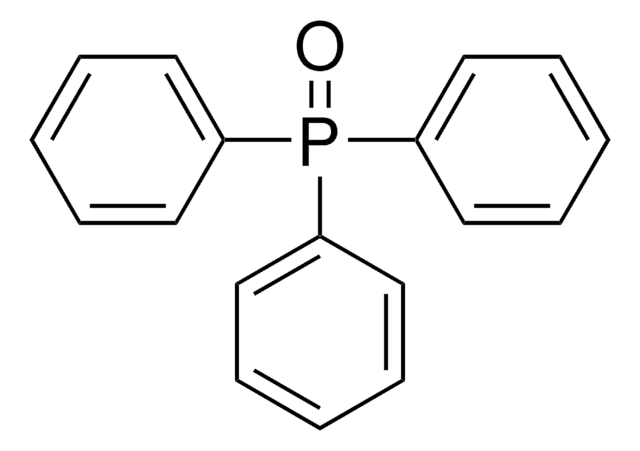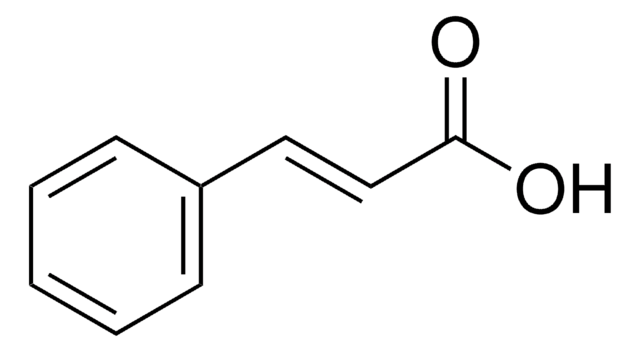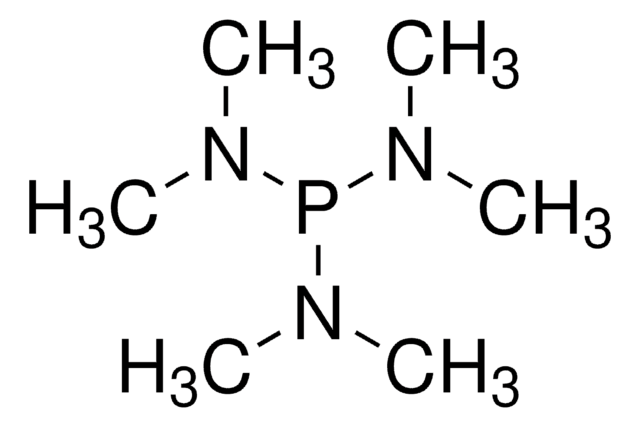155322
trans-Styrylacetic acid
96%
Synonym(s):
4-Phenyl-3-butenoic acid
About This Item
Recommended Products
Quality Level
Assay
96%
greener alternative product score
old score: 22
new score: 3
Find out more about DOZN™ Scoring
greener alternative product characteristics
Atom Economy
Design for Energy Efficiency
Use of Renewable Feedstocks
Learn more about the Principles of Green Chemistry.
sustainability
Greener Alternative Product
mp
84-86 °C (lit.)
functional group
carboxylic acid
phenyl
greener alternative category
SMILES string
OC(=O)C\C=C\c1ccccc1
InChI
1S/C10H10O2/c11-10(12)8-4-7-9-5-2-1-3-6-9/h1-7H,8H2,(H,11,12)/b7-4+
InChI key
PSCXFXNEYIHJST-QPJJXVBHSA-N
Looking for similar products? Visit Product Comparison Guide
General description
Application
Signal Word
Warning
Hazard Statements
Precautionary Statements
Hazard Classifications
Eye Irrit. 2 - Skin Irrit. 2 - STOT SE 3
Target Organs
Respiratory system
Storage Class Code
11 - Combustible Solids
WGK
WGK 3
Flash Point(F)
Not applicable
Flash Point(C)
Not applicable
Personal Protective Equipment
Choose from one of the most recent versions:
Certificates of Analysis (COA)
Don't see the Right Version?
If you require a particular version, you can look up a specific certificate by the Lot or Batch number.
Already Own This Product?
Find documentation for the products that you have recently purchased in the Document Library.
Our team of scientists has experience in all areas of research including Life Science, Material Science, Chemical Synthesis, Chromatography, Analytical and many others.
Contact Technical Service



![1,8-Diazabicyclo[5.4.0]undec-7-ene 98%](/deepweb/assets/sigmaaldrich/product/structures/120/564/5b373e23-1624-489c-8efb-692de0f96ffb/640/5b373e23-1624-489c-8efb-692de0f96ffb.png)





